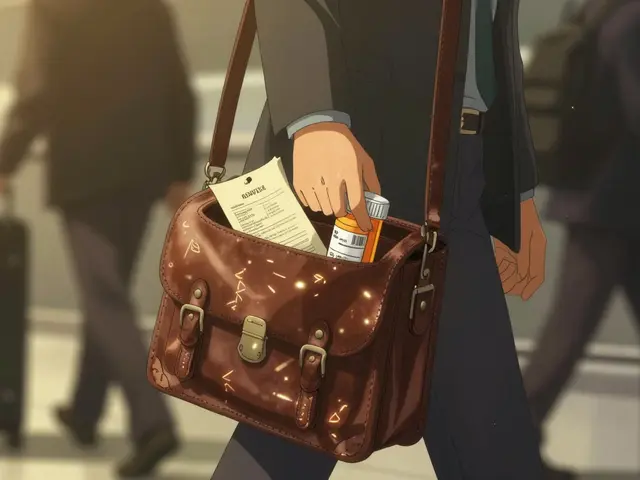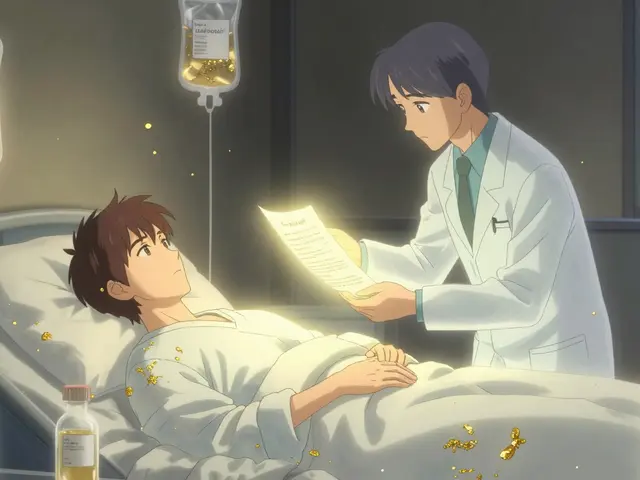Drug Holiday: How to Take a Safe Medication Break
Ever wonder if you can skip a pill for a few days without messing up your treatment? That’s called a drug holiday – a short, planned pause from a medication. People use it to cut side effects, reset tolerance, or see if a drug is still needed.
Before you go off anything, check the label or ask a doctor. Some meds need a steady level in your blood; stopping abruptly can cause rebound symptoms or withdrawal.
Why Consider a Drug Holiday?
One common reason is side‑effects. Antihistamines, for example, can make you drowsy. A few days off might show whether the drowsiness is the drug or just you being tired.
Another reason is tolerance. Certain ADHD meds or pain relievers lose punch after weeks of use. A short break can restore effectiveness, letting the next dose work better.
Sometimes, doctors want to test if the medication is still doing its job. By pausing, they can see if symptoms flare up, which tells them whether the drug is truly needed.
How to Plan Your Drug Holiday
1. Talk to a professional. Even over‑the‑counter meds like hydroxyzine have dosing rules. A pharmacist can tell you if a break is safe.
2. Pick the right window. Choose a period when you can monitor symptoms closely – maybe a weekend or a low‑stress week.
3. Write down a schedule. Note the last dose, the expected restart date, and any changes you notice.
4. Watch for rebound. Some drugs, like beta‑blockers (metoprolol), can cause blood pressure spikes if stopped suddenly. If you notice rapid heartbeats, dizziness, or anxiety, contact a doctor right away.
5. Gradual taper if needed. For meds that affect the brain (effexor, clozapine) a slow taper is safer than an abrupt stop.
6. Track your health. Keep a simple log – headache, sleep, mood, appetite – so you can compare before and after the break.
7. Plan the restart. Some pills, like levocetirizine for allergy eye symptoms, work best with a consistent dose. Reset your schedule to avoid missed doses.
Remember, a drug holiday isn’t a one‑size‑fits‑all. It works for some drugs and not for others. For example, buying Neoral online or using online pharmacies requires you to follow strict dosing; a break could affect transplant medication levels dramatically.
If you’re on a supplement, like European chestnut extract or winter’s bark, a short pause usually has no risk. Still, note any changes in energy or digestion.
Finally, don’t forget to check any interactions. If you’re juggling multiple drugs (e.g., levothyroxine with a new supplement), a holiday on one may change how the others work.
Bottom line: a drug holiday can be a useful tool, but only when you plan it, monitor it, and involve a healthcare professional. Use the steps above, keep a simple log, and you’ll know whether that medication break helped you or not.
Drug Holidays for Alendronate: When to Pause Based on T-Score and Fracture Risk
Not sure if or when to take a break from your alendronate (Fosamax) medication? Get a plain-English breakdown on when to consider a 'drug holiday,' using clear benchmarks like your T-score and fracture history. This guide sorts through the science, shares real-life decision points, and answers the most common questions about pausing osteoporosis treatment—and how it could affect your bone health. Perfect for anyone who wants practical tips on managing long-term bone medication. Keep your bones strong while minimizing unnecessary risks.





